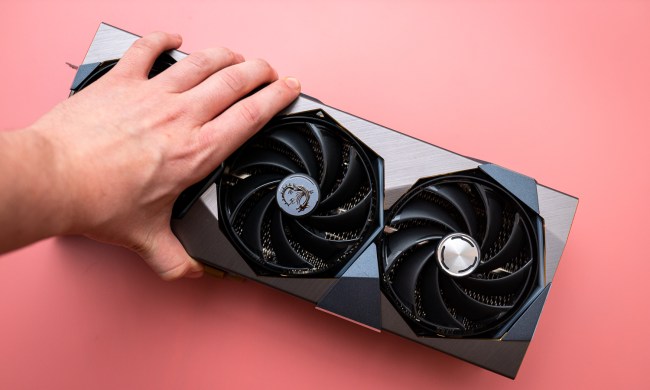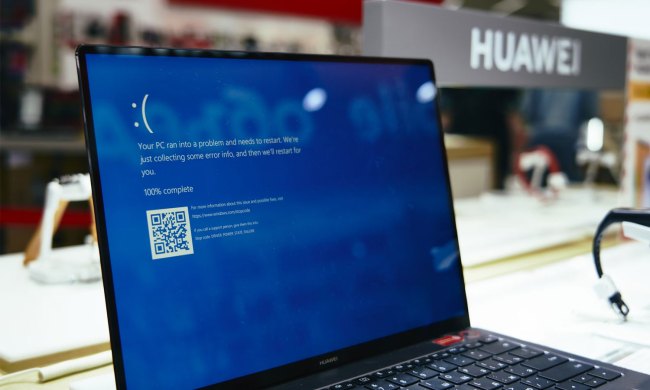
The tenth annual study in the Digital Future Project from USC’s Annenberg School of Communication & Journalism finds that almost half of Internet-using Americans aged 16 or over are concerned about businesses tracking what they do online—however, in comparison, only 38 percent are concerned about the government tracking their online activities. The findings underscore growing concern about consumer rights and privacy as more and more people rely on Internet and mobile technologies in their everyday lives.
“Many of us are worried that the Big Brother in our lives is actually Big Business,” said director of the Center for the Digital Future at USC Annenberg School for Communication & Journalism Jeffrey I. Cole, in a statement. “Internet users have major concerns about corporate intrusion—and who can blame them?”
The study lands in the wake of issues that have raised serious issues regarding consumer privacy and personal information, including the massive data breach impacting Sony’s PlayStation Network and Qriocity service to highly-publicized revelations that Apple’s iPhone and Google’s Android operating track users’ locations.
Concerns about online privacy were among nearly 200 issues touched on in the Digital Future Project’s most recent survey.
The study also found that 82 percent of Americans used the Internet in 2010, a figure unchanged from 2009. Of the 18 percent of Americans who aren’t online, 37 percent said they didn’t have a computer or other means of accessing the Internet, 25 percent said they just didn’t find the Internet useful, and 7 percent cited cost as the deciding factor.
Among Internet users, the study found the email remains a killer app: although younger generations are famous for preferring texting and social network messaging to email, the study found that 98 percent of Internet users under 17 used email, compared to 95 percent of Internet users aged 18 to 24. The age group with the lowest email usage was actually 45-to-54 year-olds, with 94 percent.
Respondents also said they put little faith in the accuracy or reliability of information from social networking services: 51 percent said little or none of the information on social networking sites could be trusted. This year also marked the second year that overall trust in results from search engines like Google has declined; however, 45 percent of respondents indicated that they have some trust or a lot of trust in the Internet in general.
More than two-third of adult American Internet users shopped online, with books being the most common purchase, followed by clothes and making travel arrangements. Online shoppers also seem more confident about their privacy: where in 2009 54 percent said they were worried about privacy when shopping online, that figure dropped to 48 percent in 2010.


